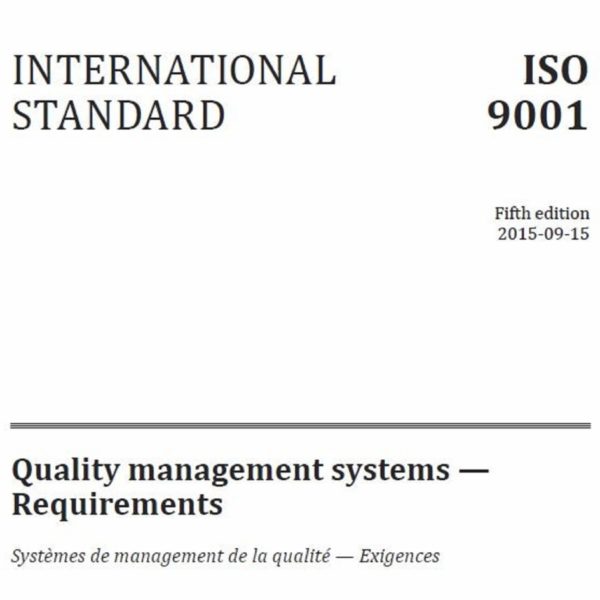Life & Language: Medical Interpreters as Scribes
Picture this interpreting scenario: you are walking down a hall in a hospital. As you pass the first room on your left, you hear both Spanish and English—“typical, given that Spanish is the world’s number one spoken language,” you think to yourself.
Then, you pass the first room on your right and you hear Urdu—“that’s another widely-spoken language,” you think to yourself, “but you don’t often hear of hospitals staffing Urdu interpreters.”
An intriguing scenario, right? What one might call unchartered territory, even.
Well, according to a recent NPR report, new technology approaches in medical records scribing may present an innovative opportunity for linguists working in the medical field.
Thanks to digital records, medical scribes are able to pare down time spent post-appointment. According to the article, this new brand of scribe must be able to multi-task, though.
And here’s something one might ask: what happens when a patient does not speak English? If the scribe has kept digital records in English and the patient needs access to her or his records, will she or he be able to read them?
It seems, then, that a medical interpreter—especially one with simultaneous experience—would thrive as a medical scribe.
First, interpreters are flexible: they are used to arriving at the site and doing what needs to be done to convey a message in an accurate and dignified manner.
It’s also safe to say that interpreters are talented multi-taskers. Even though psychological research has told us that multi-tasking usually decreases productivity and efficiency, interpreters are often able to do their job productively and efficiently, despite receiving multiple messages in multiple languages at multiple speeds.
As many of you may know, TLC is based in Fort Worth, Texas, which, according to the article, is also home to PhysAssist, the nation’s first scribe staffing company.
Among the diverse language requests we receive, we do see consistency when it comes to medical interpreting. Imagine if we were able to not only staff medical interpreters, but also train multilingual scribes.
After all, linguists are lifelong learners and, as we established, interpreters are skilled multi-taskers—what’s to say an interpreter who is certified in the medical field is not already ahead of the curve when it comes to medical scribing?
A medical interpreter probably knows how to communicate technical terms efficiently to a patient and likely understands how to navigate the system. Then, of course, a medical interpreter has the language skills. Plus, a medical interpreter likely understands the value of preserving patient respect and dignity.
It may only be a matter of time before multilingual medical scribes are the norm, and it would not be surprising if hospitals look to language-service providers to answer the call.





